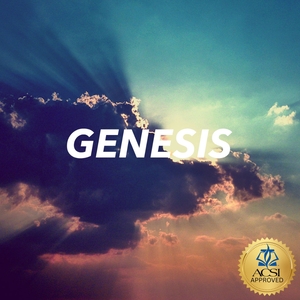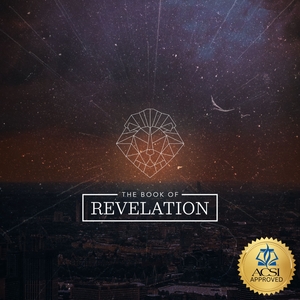Does Matthew 24:36-41 talk of the Rapture of the Church or of Christ's Second Coming?
This passage will be explained in much further detail in our current Matthew study. We encourage you to watch once it's available. In the meantime, we call your attention to the entire context of the passage, especially the opening:
Matt. 24:36 “But of that day and hour no one knows, not even the angels of heaven, nor the Son, but the Father alone.
Matt. 24:37 “For the coming of the Son of Man will be just like the days of Noah.
Matt. 24:38 “For as in those days before the flood they were eating and drinking, marrying and giving in marriage, until the day that Noah entered the ark,
Matt. 24:39 and they did not understand until the flood came and took them all away; so will the coming of the Son of Man be.
Matt. 24:40 “Then there will be two men in the field; one will be taken and one will be left.
Matt. 24:41 “Two women will be grinding at the mill; one will be taken and one will be left.
In v.35 Jesus had just finished describing His Second Coming, which can be known with precision once the Tribulation begins. According to Daniel 9, Christ's return day will come exactly 7 years after the start of Tribulation, so the Second Coming of Jesus is a day that can be predicted and known by all who are alive in that day.
On the other hand, Jesus says in v. 36 that there will be another day that is not knowable. Notice Jesus begins this next section with "But of that day..." speaking of a different day entirely. This comment introduces a new topic and represents a break from the narrative. Having just finished His description of His Second Coming in v.35, He now pivots to a new discussion about another day unrelated to those prior events.
What follows in vs.36-51 is His description of His coming for the Church, otherwise known as the Rapture. Notice the context of what follows, especially in vs.40-41 of a people instantly disappearing from the earth (consistent with the resurrection descriptions of Paul in 1 Corinthians 15 and 1 Thessalonians 4), and the times of distress that will follow being compared to the days of Noah (a reference to the troubles of Tribulation that will follow).
Jesus' reference to the times of Noah was intended to explain that following the removal of the Church, the world will experience the destructive effects of the Tribulation, which is additional evidence that the removal of the Church precedes the events of Tribulation.
Again, we encourage you to watch Pastor's Armstrong's lessons on Matthew 24-25 when they become available in the next several weeks for a complete understanding of these things.
Scripture quotations taken from the (NASB®) New American Standard Bible®, Copyright © 1995, 2020 by The Lockman Foundation. Used by permission. All rights reserved. www.lockman.org








